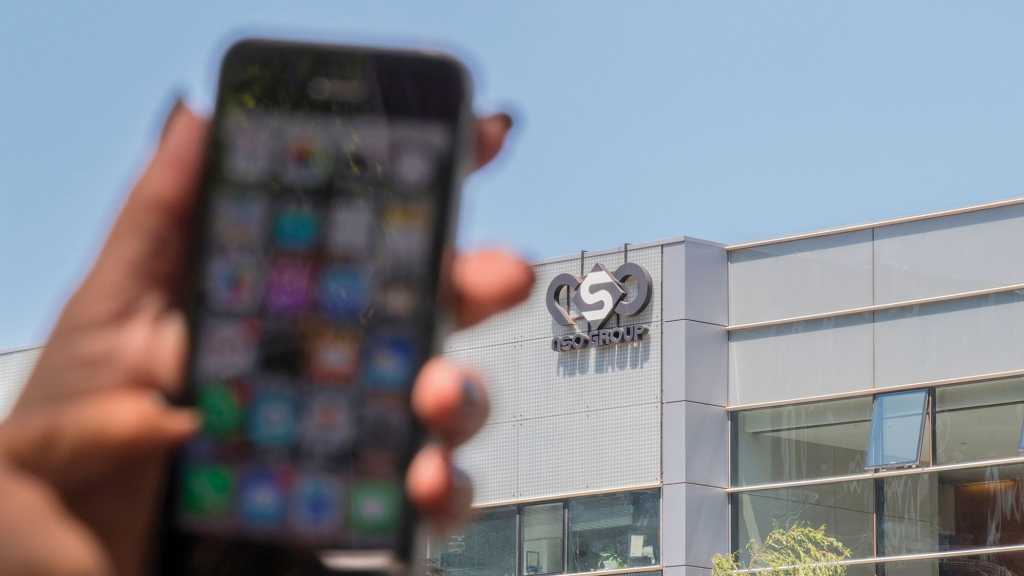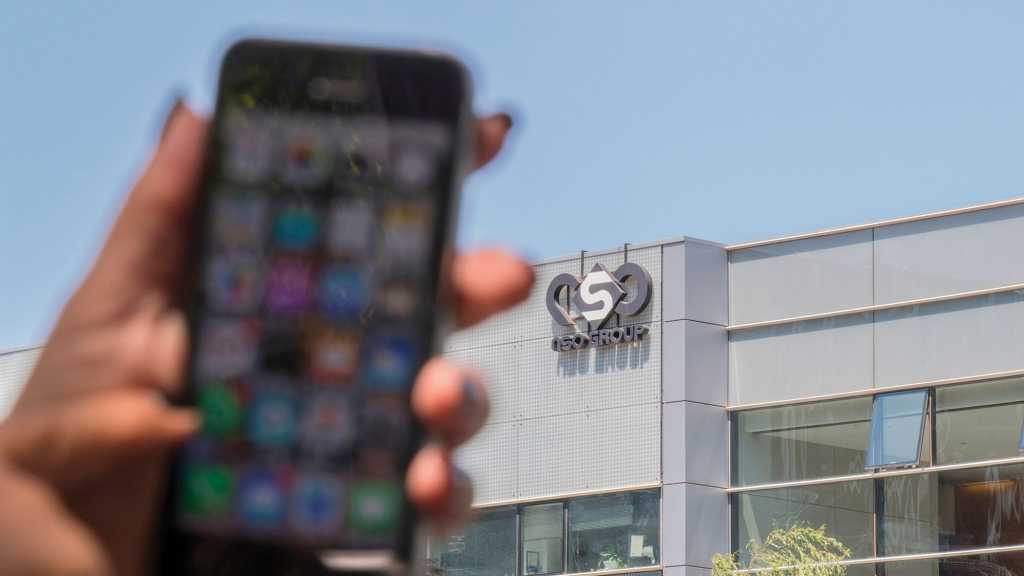
The Hypocrisy of Surveillance: ’Israeli’ Spyware Technology and Privacy Rights

By Mohamad Hammoud
In recent years, the proliferation of spyware technology has raised significant concerns regarding privacy and government accountability. Among the most notable players in this field is "Israel”, which has emerged as a leading exporter of advanced surveillance software. These technologies, often marketed under the guise of national security, have been sold to various governments worldwide, enabling them to extensively monitor their citizens. This essay explores the implications of "Israeli" spyware technology, its use in domestic surveillance, and the hypocrisy displayed by governments that criticize other nations for similar practices.
"Israeli" Spyware: A Technological Marvel or a Threat?
"Israeli" companies, such as NSO Group, have garnered international attention for developing sophisticated spyware, most famously known as Pegasus. This software is capable of infiltrating mobile phones without the user's knowledge or consent. Once installed, it can access virtually all data on the device, including text messages, call logs, emails, photos, real-time location, and even encrypted communication platforms like WhatsApp and Signal. It can also activate the phone's microphone and camera, effectively turning it into a 24-hour surveillance device. This level of intrusion is alarming, as it allows for complete monitoring of an individual's private life, appealing to governments eager for enhanced security and intelligence capabilities.
Surveillance of Citizens
The implications of using spyware technology extend far beyond national security. Many governments that purchase these surveillance tools utilize them to monitor their own citizens, often under the pretext of combating crime or terrorism. Investigations have revealed that the spyware has been used to target a wide range of individuals, including journalists, human rights activists, and political opponents. For instance, the Pegasus Project, a collaborative investigation by multiple media organizations, uncovered a list of over 50,000 phone numbers selected for potential surveillance by NSO clients. This list included heads of state, government officials, business executives, and activists. This misuse of technology undermines democracy and creates a climate of fear, where citizens self-censor due to the knowledge that their communications are being scrutinized.
Contradiction to Privacy Rights
Western democracies frequently criticize authoritarian regimes for spying on their citizens, portraying themselves as bastions of privacy and freedom. However, the widespread adoption of "Israeli" spyware by these same nations reveals a blatant hypocrisy. Governments in Europe, North America, and beyond have been accused of employing spyware to monitor their populations, contradicting their stated values and undermining trust among the people they claim to serve. The paradox is striking: while they advocate for privacy rights on the global stage, they simultaneously invade the privacy of their constituents.
Their hypocrisy becomes glaring when these nations denounce surveillance practices in countries like China or Russia while covertly engaging in similar activities. This double standard not only undermines their credibility but also erodes public trust, as citizens begin to question the institutions that claim to protect them, realizing that their privacy is often sacrificed under the guise of national security.
How Spyware Turns Smartphones into Surveillance Tools
The infiltration of spyware into personal devices represents a significant invasion of privacy. Pegasus, for instance, can be deployed through seemingly innocuous means, such as a missed call or a malicious link. Once inside a device, it operates undetected, siphoning data and granting operators near-total control. The technology's ability to exploit zero-day vulnerabilities—software flaws unknown to the device manufacturer—ensures that even the most security-conscious users are not immune. Through these methods, spyware transforms everyday smartphones into tools of state surveillance, collecting vast amounts of personal data without consent. Conversations, location data, and private moments captured through cameras and microphones become accessible, often with no recourse for the victim.
The Broader Implications
The exportation of "Israeli" spyware technology has far-reaching consequences. Countries that acquire these tools often do so without adequate oversight or regulation, leading to widespread abuses. The use of spyware to target journalists can result in the silencing of critical voices and the erosion of democratic values. As more nations adopt such technologies, there is a growing risk of a global surveillance culture that prioritizes state control over individual rights.
Moreover, the global trade in spyware reflects a troubling disregard for ethical considerations. By selling such technology to oppressive regimes, companies like NSO Group and the governments that allow these transactions become complicit in human rights abuses. This complicity highlights the moral and ethical contradictions that plague the international community.
Conclusion
The sale of spyware technology by "Israeli" companies represents a significant challenge to privacy rights and civil liberties worldwide. The hypocrisy of governments that criticize others for their surveillance practices while simultaneously employing similar technologies against their citizens cannot be overlooked. In an age where smartphones can become tools of oppression, it is imperative to strike a balance between security and individual rights, ensuring that the promise of technology does not come at the expense of our fundamental freedoms.



